Borrower Overview
TriLinc has provided financing to an Indonesia-based sustainable tin acquisition and smelting company, founded in 2011. The company produces high quality London Metal Exchange (“LME”) grade tin ingots for export to blue chip customers, like Toyota, operating in the global electronics and automotive industries, as well as regional commodity companies. The company was the third Indonesian tin company to receive the Clean and Clear Certification from the local government, which is awarded to companies that meet stringent environmental standards. The company actively maintains awareness of the conflict mineral issue with both suppliers and staff directly involved in the supply chain, and undergoes a regular third-party audit through the Conflict-Free Smelter Program which makes sure smelters and refiners within their supply chain employ responsible sourcing practies and management system.
TriLinc’s financing will support the company in financing an eco-friendly electric furnace plant, which is projected to increase energy savings, reduce the company’s reliance on diesel, and enhance the company’s production capacity by creating efficiencies in converting raw material to finished tin products, and reduce emissions during the smelting process. Throughout the course of TriLinc’s financing, it is anticipated that the borrower will increase the number of its employees and training opportunities as its business continues to grow and expand.
 |
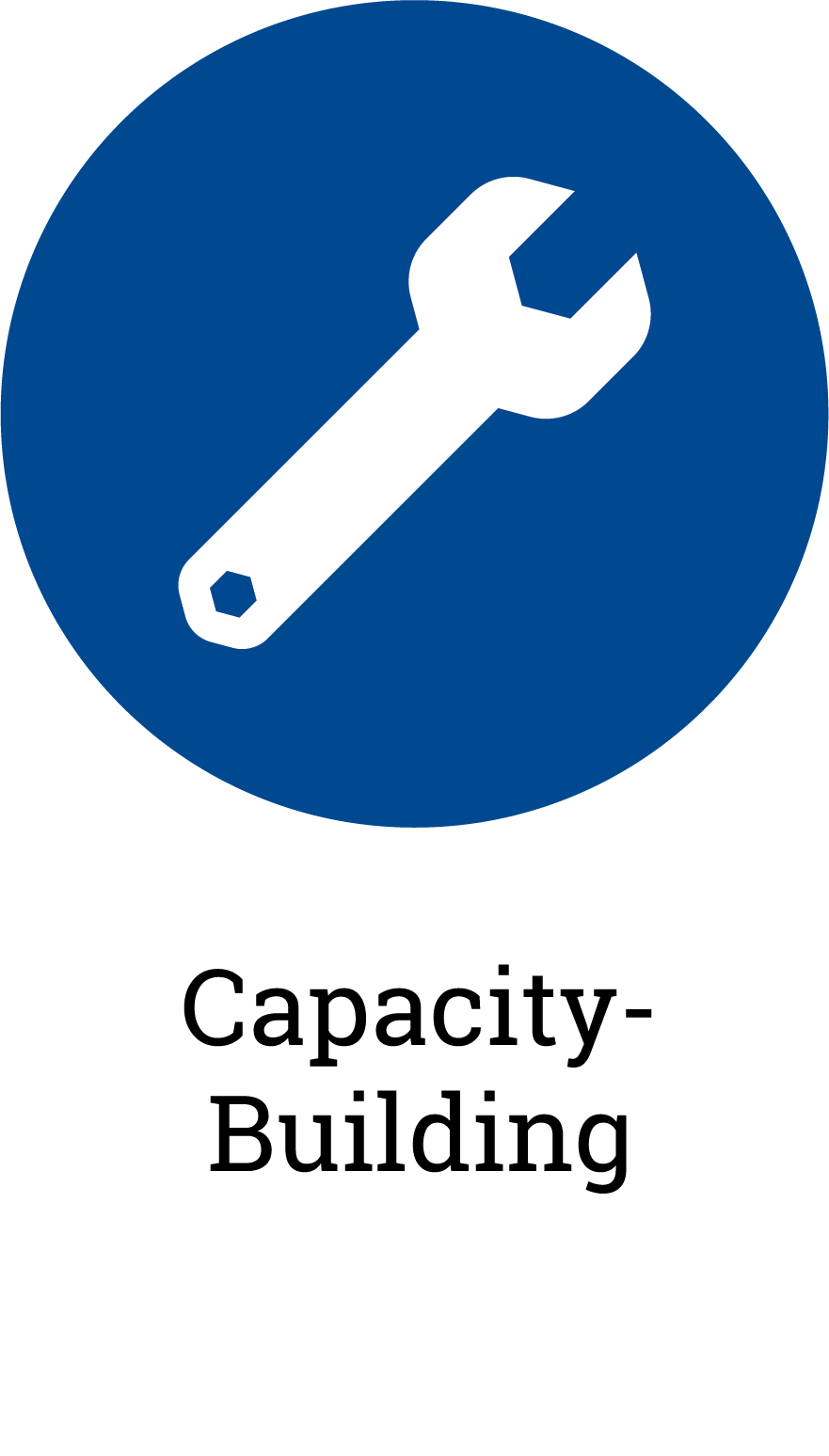 |
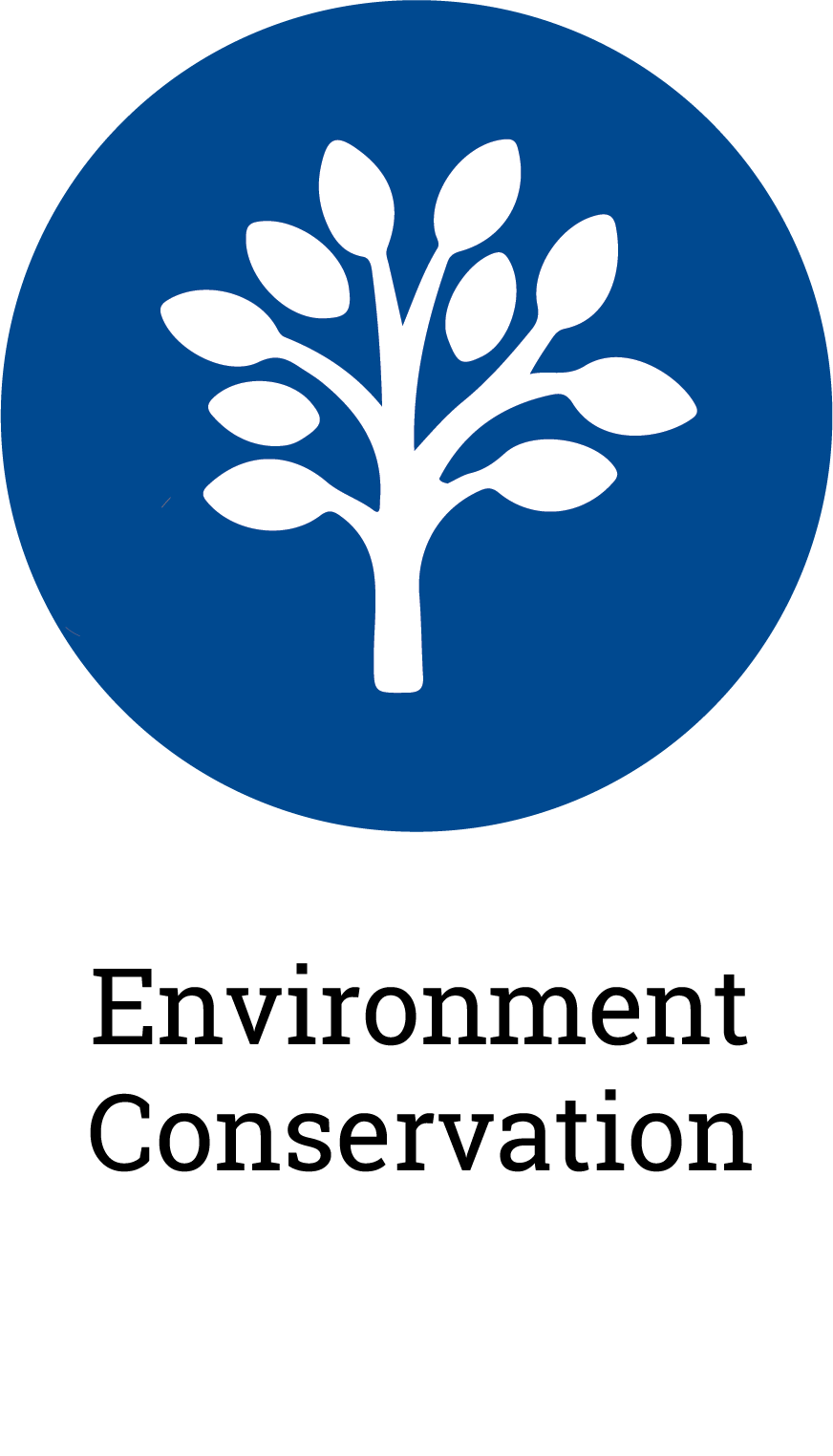 |
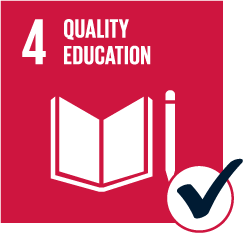 |
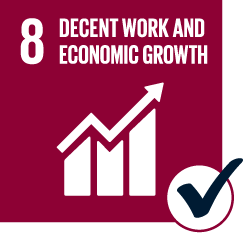 |
 |
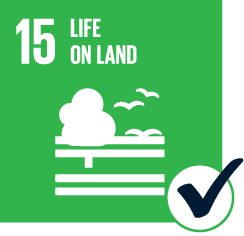 |
Market Overview
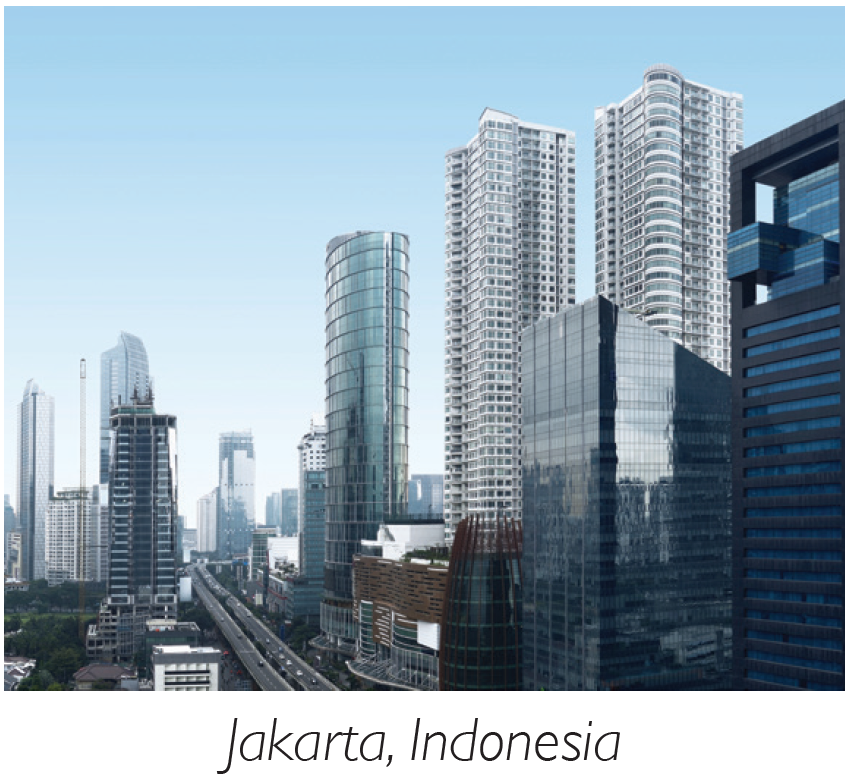
Indonesia is classified as a lower-middle income country by the World Bank.1 Between 2010 and 2016, GDP growth rates averaged approximately 5.6%.1 The country’s main exports are concentrated in palm oil, coal briquettes, petroleum gas, crude petroleum, and jewelry.2 Conversely, the country’s main imports are focused in refined petroleum, crude petroleum, telephones, vehicle parts, and wheat.2
Indonesia meets TriLinc’s standards for its performance across relevant growth, stability, and access metrics.3 In 2016, it ranked 15th across the East Asia and Pacific region on the World Bank’s Ease of Doing Business Index.4 Corruption and inefficient government bureaucracy are seen as the most pressing hurdles currently facing the country’s productivity and competitiveness.5 As the 5th largest economy in the East Asia and Pacific region6 with a GDP of $932.3 billion, the country’s well developed macroeconomic environment, innovation, and business sophistication led the country to benefit from the estimated $493.2 billion in foreign direct investment that flowed into the region in 2016.7 Robust domestic demand across East Asia & Pacific region has helped spur regional GDP growth to 6.3% in 2016, and is projected to maintained at 6.1% by 2019.8
Additional Sustainability & Impact Highlights
- All employees, 90% of which are Indonesian Nationals, are trained on basic health and safety issues in relation to technical engineering. Specific employees undergo certification for frontline and middle operational management, fork lift, and energy & production management.
- The borrower actively seeks to provide cleaner and more efficient power to run its operations. To save energy, the company uses high efficiency LED lights, fiberglass roofing, and a Volvo brand generator to produce additional power and reduce energy usage within all of its production facilities. Additionally, the company monitors air emissions on a frequent basis to ensure worker safety.
- The borrower offers benefits sponsored by the Indonesian Government’s Health Insurance Program, which includes health, dental, and disability coverage.
- The company is involved in charitable donations to a catastrophe relief organization, sponsorship of a local football team and religious celebrations, and waste cleaning efforts within the operational areas of the company, in addition to other social activities organized by the local government.
1The World Bank, World Development Indicators Database, Indonesia, 2016. 2The Observatory of Economic Complexity, Indonesia, 2016. 3There is no assurance that our investment in this company or this market will be successful. 4World Bank, Doing Business 2016 Measuring Regulatory Quality and Efficiency
5World Economic Forum, Global Competitiveness, 2017. 6The World Bank, World Development Indicators Database, 2016. 7The World Bank, Data, East Asia & Pacific, 2016. 8The World Bank, Global Economic Prospects, June 2017.
The above information is as of the initial date of investment: June 29, 2016.
This borrower is no longer in TriLinc’s portfolio.
TriLinc originally performed an SDG mapping exercise in December 2017 to map all of our borrower companies, both current and exited from our portfolios, to specific SDGs based off of business activity. TriLinc’s official SDG alignment methodology was not finalized until June 30, 2018. For borrowers that had exited TriLinc’s portfolios prior to this time period, the selected SDGs for these borrower are a reflection of what TriLinc believes would have been the SDG alignment if 1) the SDGs had been in effect and 2) TriLinc had integrated the SDG alignment while the company was in the portfolio. The SDG mapping presented does not include input from Investment Partners or borrower companies given that the companies were no longer in the portfolio when the alignment was finalized.
RISK FACTORS
There is no guarantee that TriLinc’s investment strategy will be successful. Investment in a non-listed LLC involves significant risks including but not limited to: ownership is restricted; no secondary market; limitation on liquidity, transfer and redemption of ownership interest; distributions made may not come from income and, if so, will reduce the returns, are not guaranteed and are subject to management discretion. TriLinc selects investments and conducts operations on behalf of its clients, and will face conflicts of interest. Investment with TriLinc is not suitable for all investors. Securities Offered through CommonGood Securities, LLC, a member of FINRA and SIPC.
An investment with TriLinc carries significant fees and charges that will have an impact on investment returns. Information regarding the terms of the investment is available by contacting TriLinc. This is a speculative security and, as such, involves a high degree of risk. Investments are not bank guaranteed, not FDIC insured and may lose value or total value. Some investments may have been made in an investment vehicle that is no longer open for investment. The highlighted investment may or may not have been profitable. There is no guarantee that future investments will be similar.
Want to learn more? Contact Us.
